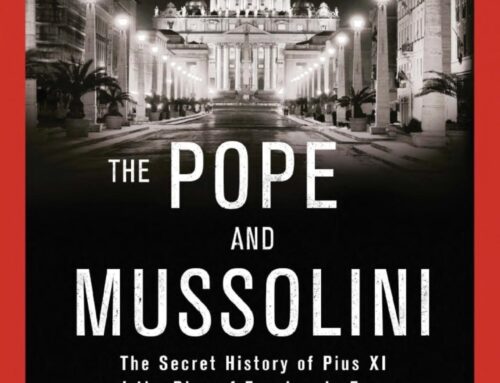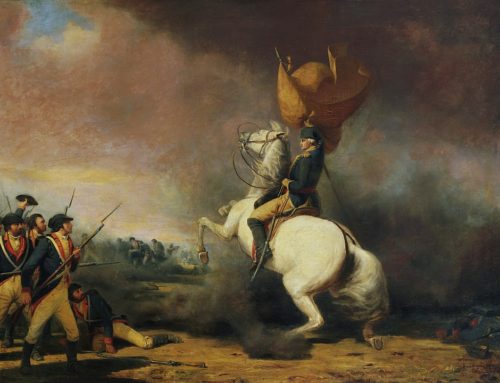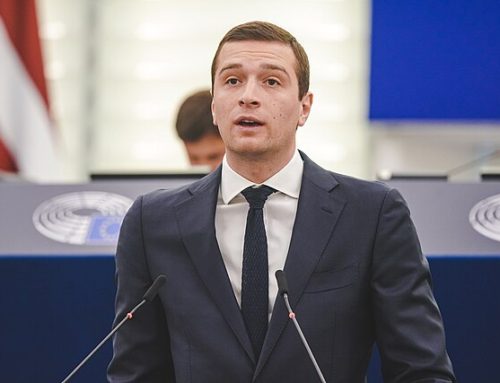Battle of Stalingrad
08/21/1942—2/02/1943
Overview
The Battle of Stalingrad is considered by many historians to been the turning point in World War II in Europe. In essence, the battle bled the German army dry in Russia, and after this defeat the German Army generally retreated until the ultimate Nazi surrender in May 1945.
Strength of Both Armies
| German Army | Russian Army |
| Led by von Paulus | Led by Zhukov |
| 1,011,500 men | 1,000,500 men |
| 10,250 artillery guns | 13,541 artillery guns |
| 675 tanks | 894 tanks |
| 1,216 planes | 1,115 planes |
| 1,500,000 casualties | 1,129,619 casualties |
Strategic Importance
“Surrender is forbidden. Sixth Army will hold their positions to the last man and last round and by their heroic endurance will make an unforgettable contribution towards the establishment of a defensive front and the salvation of the Western World.”
—-Adolph Hitler communication with von Paulus, January 24, 1943
(Paulus and 22 German Generals repudiated Hitler’s desire that they commit suicide. Instead they surrendered in February 1943.
For Hitler winning at Stalingrad had three important features (1) Stalingrad was a major industrial city on the Volga River—a vital transportation route between the Caspian Sea and Northern Russia (2) Stalingrad’s capture would secure the left flank of the German armies as they advanced into the oil-rich Caucasus region, and thereby cutting off fuel to Stalin’s war machine and (3) Stalingrad bore the name of Hitler’s nemesis, Joseph Stalin. Its capture would be an ideological and propaganda coup.
“Not one Step Backwards”
“Panic-mongers and cowards must be destroyed on the spot. The retreat mentality must be decisively eliminated. .. Anyone who surrendered was a ‘traitor to the Motherland.’
—Joseph Stalin, Order Number 227, July 28, 1942
For Stalin, holding on to Stalingrad had similar important features. (1) Stalin feared that losing Stalingrad would “cut Russia into two.” (2) Russia would loose its vital oil reserves (3) the prestige of Communism depended upon Russia retaining a city named for him, the foremost Communist leader in the world.
Bloodiest Battle of all Time
Stalingrad is considered the bloodiest battle in history, with the vast amount of casualties so large that only estimates can be made. Some historians estimate that the life expectancy of the average Soviet private was One Day, and the Soviet Officer, Three Days. In essence, the number of deaths on both sides outnumbered the number of combatants that fought on average during the course of the battle.
Overall Comment: For both Hitler and Stalin, “the end justified the means.”
Western ideology about the importance of human life had no parallel under Fascism or Communism. That is, both Hitler and Stalin callously took policies that needlessly killed millions of civilians during the course of World War II. That is, time and time again, civilians could have been spared if either Stalin or Hitler made any attempt to 1) provide food and shelter to the civilians and 2) offer any transportation assistance to get civilians outside the fighting zone.
Fighting Conditions
The fighting conditions of Stalingrad are beyond the mental scope of most Westerners. That is, from the middle of November 1942 until February 1932, the weather varied from -20% Centigrade to -40% Centigrade with the wind chill factor.
“My hands are done for, and have been ever since the beginning of December. The little finger of my left hand is missing and what is even worse-the tree middle fingers in my right one are frozen. I can only hold my mug with my thumb and little finger. I am pretty helpless; only when a man has lost any fingers does he see how much he needs them for the smallest jobs. The best thing I can do with the little finger is to shoot with it. My hands are finished.”
—-Anonymous German Soldier
Tactics
German military doctrine was based on the principle of combined-arms teams and close cooperation by tanks, infantry, engineers, artillery, and ground attack.
To counter this, Soviet Commanders adopted the simple expedient of always keeping the front lines as close together as physically possible. In essence, this forced the German infantry to either fight on their own or risk taking casualties from their own supporting fire; it neutralized German close air support and weakened artillery support. Zhukov understood that urban warfare overcame key deficiencies in the Red Army—inferior mobility compared to the Germans.
The Germans hated this unseen urban warfare. They dismissively called it “rat war.” That is, they bitterly joked about capturing the kitchen but still fighting for the living room. Bitter fighting raged for every street, every factory, every house, basement, and staircase.
Anecdotes
Historical Anecdote
In 1945 at Yalta, Stalin joked that he would gladly line up 50,000 German officers and shoot them. The magnanimous Churchill was so outraged that he stormed out of the room. Stalin assuaged the British Prime Minister by saying “ it was only a joke.”
In truth, neither the Russians or the Germans treated their prisoners according to the codicils of the Geneva Convention. Both sides arbitrarily executed prisoners. Of the 91,000 Germans who surrendered at Stalingrad, only 5,000 ultimately returned to Germany.
Personal Anecdote
A good friend of mine, Murray Stahl, related his father’s story. His dad fought for the Russian army at Leningrad that was surrounded for 900 days. In the middle of the siege, Russian propaganda pamphlets announced a great victory at Stalingrad. Given the Soviet complete control over the press, Soviet words and writings had absolutely no credibility. Thus, Mr. Stahl and his comrades bitterly laughed at this “so called” Stalingrad victory. Thus, in order to gain credibility, the Soviet Union transported two people from every division from Leningrad to Stalingrad to witness captured German soldiers. These soldiers then returned to Leningrad to report personally about this “remarkable Soviet victory.”
Hitler’s strategic mistake
Hitler divided his forces between Moscow and Stalingrad. He should have kept his forces in tact to achieve victory either at Moscow or Stalingrad.
Hitler forbade von Paulus to retreat following the Russian encirclement. That is, the Russians overran the Rumanian troops and surrounded von Paulus’s 6th army. Hitler naively believed that Goring could resupply the 6th army by dropping needed supplies from the air. In fact, by November 1942, the Russians had gained air superiority over the Germans.



